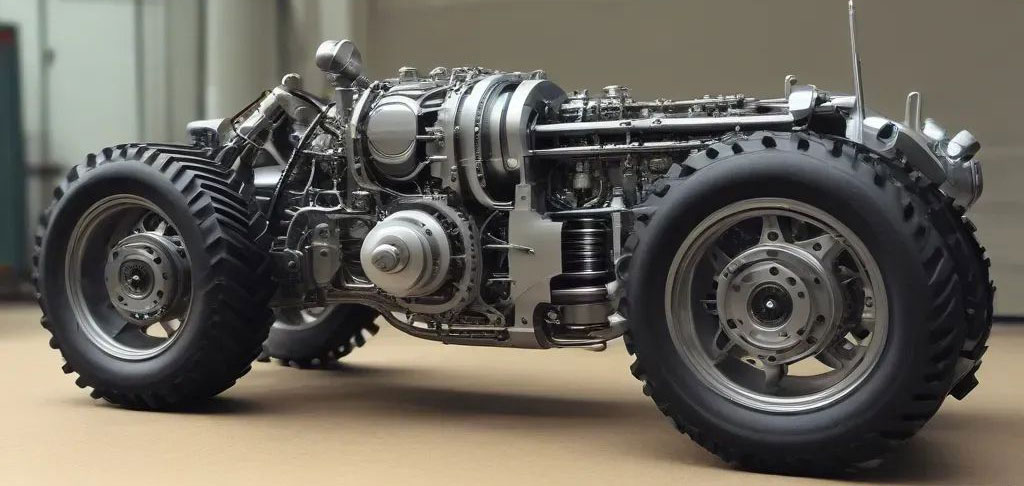M.Tech. in Mechanical Engineering

M.Tech. in Mechanical Engineering
This program delves into advanced concepts and techniques within mechanical engineering, equipping students with the skills needed to solve complex engineering problems and innovate in their respective fields. It often involves practical projects, research work, and internships to provide hands-on experience and industry exposure.
Eligibility
Candidates must have a Bachelor's degree in Mechanical Engineering or related fields from a recognized institution.
Duration
The course is typically two years, divided into four semesters, it includes classroom lectures, laboratory work, field visits, industrial training, and project work.
Job Opportunities
Post Graduates of this program have access to diverse job opportunities in various sectors. They can work as design engineers, production engineers, quality control engineers, research associates, project managers, consultants, and professors in academia. Industries such as automotive, aerospace, manufacturing, energy, and robotics actively seek professionals with expertise in mechanical engineering.
Why Choose This Course:
- Specialization: It allows students to specialize in areas of interest within mechanical engineering, making them highly sought-after professionals in their chosen fields.
- Industry Relevance: The curriculum is designed to align with industry demands, ensuring that graduates possess the skills and knowledge required by employers.
- Career Advancement: An M.Tech. degree opens up opportunities for career advancement, higher salaries, and leadership roles within organizations.
- Innovation and Research: The program emphasizes research and innovation, enabling students to contribute to technological advancements and solve real-world engineering challenges.
- Global Opportunities: Mechanical engineering is a globally relevant field, offering opportunities for work and research across the world. Completing an M.Tech. enhances one's prospects in the global job market.
Scope:
The scope of M.Tech. Mechanical Engineering is vast and encompasses various industries such as automotive, aerospace, energy, manufacturing, robotics, and automation. Graduates can pursue careers in design, research and development, production, quality assurance, project management, and academia.

